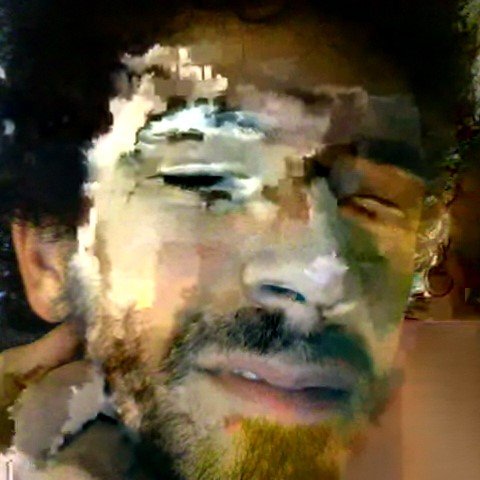Philip Rizk
Day 3: Learning from the Community: Collective Actions in the Face of Emergency

Perspective
Philip Rizk, film-maker/artist, Mosireen video collective, Cairo, Egypt
Did You Hear That?
In the book Les damnés de la terre, Frantz Fanon wrote, ‘the yardstick of time must no longer be that of the moment or up to the next harvest, but must become that of the rest of the world.’ Much of Fanon’s clarity came from the urgency of writing with his impending death in sight. Are we today in such a different place? If so, how can we enact such urgency? Fanon felt the heartbeat of the times, he heard the warning signs, and he saw much of what it would bring in the future. Learning from the community requires such an act of radical listening. This paper will take you on a brief journey from 2011 Egypt and 2012 Syria to recent forms of mass marches on the borders of the USA and Europe, asking the question: How do we prepare for the next time?
BIOGRAPHY:
Philip Rizk is a filmmaker and writer from Cairo living in Berlin. In his films, he experiments with methods of “making the habitual strange.” In Out on the Street (2015), he uses performance. In his found footage films Mapping Lessons (2020) and Terrible Sounds & Wonderful Things (2022, work in progress), he experiments with the technique of montage. In a world that is breaking down, a question that runs throughout Rizk’s projects is: “How do we prepare ourselves for what is to come?” He is a member of the Mosireen video collective behind the archive 858.ma. His texts include the essay “2011 is not 1968: a letter to an onlooker,” and the co-authored book (with Jasmina Metwaly) On Trials: A Manual on the Theatre of Law (Archive Books, 2021). He occasionally teaches in classrooms and workshops. His work can be followed @ filfilfilm.com.